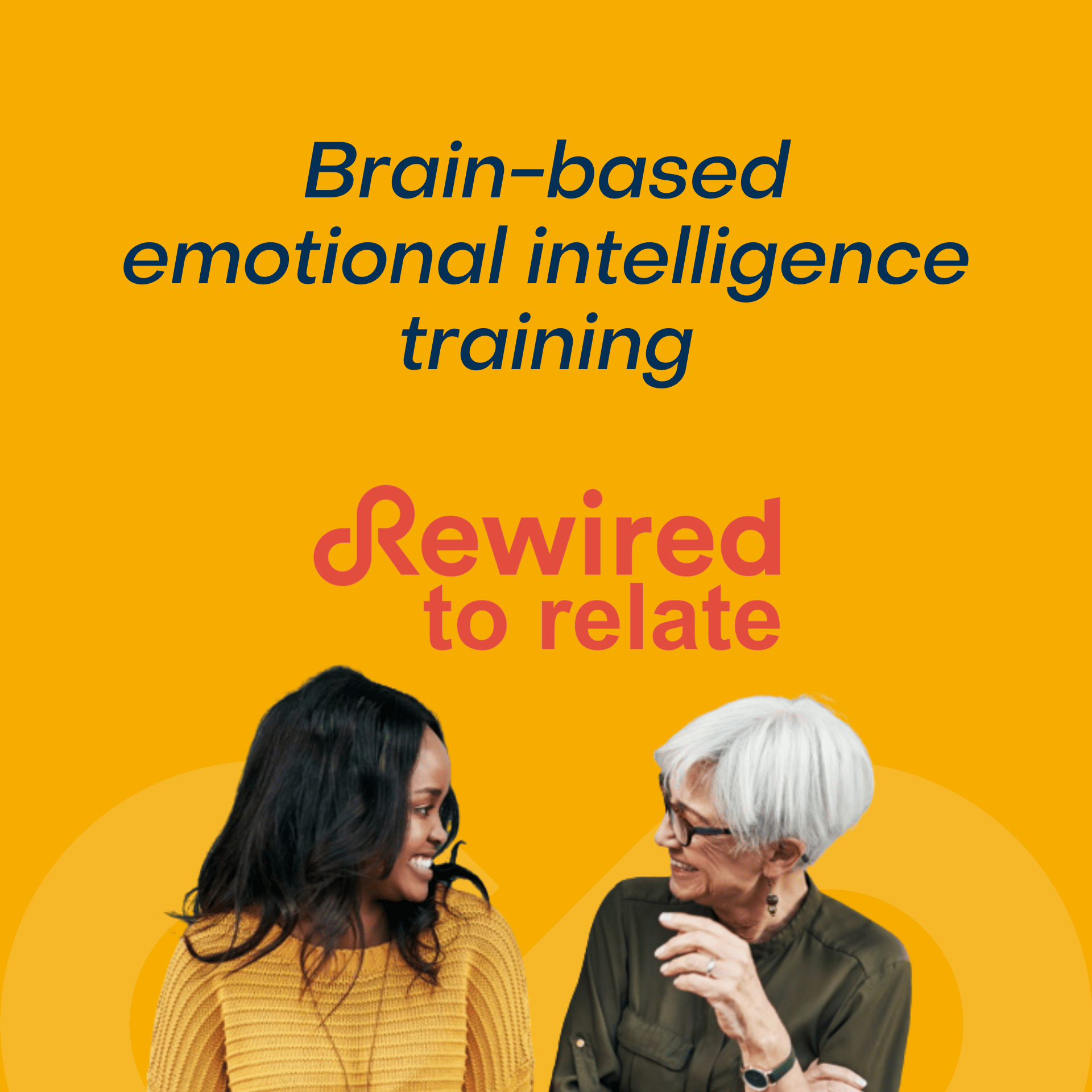
The power of attention
Jannette considered herself a positive person. She always wanted to look on the bright side of life. When problems arose, she tended to look for solutions, or the possibilities that the challenges offered. This meant that she often didn’t take the time to dig into the problem and give it the attention it needed. She just didn’t want to focus on what wasn’t working. Without the focus on the deeper problems, she would find a quick solution but she missed the bigger picture, ending up with a less than satisfactory solution.
The brain is just trying to be efficient
Our brain helps us by directing our attention to topics and events we are interested in. It’s a lot like online ads where algorithms running in the background decide what to bring to our attention. If you’ve been considering taking up golf, for example, it may seem that every time you scroll through TV channels, there is a game in progress, or you notice ads for golf-related holidays online or in magazines. You might notice a golf society flyer in the window of the local restaurant. These things may have always been there, but all of a sudden, your brain is bringing these to your attention at every turn. You have trained your unconscious algorithms to point your attention to this interesting new topic.
Similarly for any preference you have. If you tend to attend to problems more than achievements you see more and more problems, which is only supported by the brain’s naturally negative bias. On the other hand, only allowing ourselves to pay attention to the nice things, like Jannette does, always wanting the ‘quick fix’ solution can eliminate some real learnings that can be garnered from looking at the issue in a more objective way and coming up with better thought through solutions.
The benefit of this is that you will continue to be surrounded by your interests. The downside is the same – you might not get out of your bubble. You might not see a different option. You might even end up thinking that the opinions shared in your world/bubble are the full range of viable opinions.
Your attention drives others’ attention.
As a leader, coach or even as a parent, where you put your attention matters. What you pay attention to, will inform your questions and investigations which point your team’s, client’s or children’s attention. Do you look for what’s working? Do you only look for problems?
There’s no single correct place to point our attention. But it will be helpful if we notice our habits and tendencies so we can be wiser about how we use this scarce resource of ours.
Test yourself
Over the next few days, at the end of the day consider what you put your attention on that day. As you interacted with others, what were you drawn to, automatically? And, how did you intentionally place your attention so you could help others get the full picture of what was happening and what was possible?
Where might you have limited yourself? And therefore, limited others?
This is all about paying attention to your attention. You might be surprised what you can learn about your brain and your own subconscious algorithms that point your attention by default. As you pay more attention, you can point your attention more consciously – and help others to also focus on what’s important.
Rewired to Relate

For more understanding of how the brain drives our attention, check out Rewired to Relate
more info